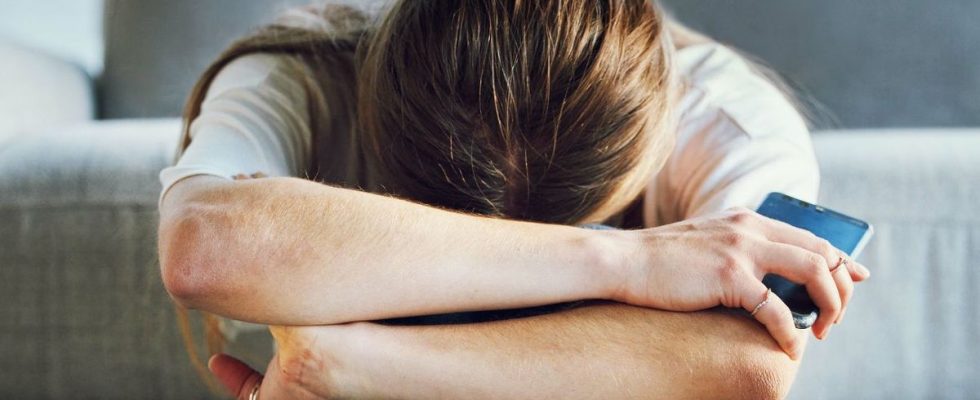The shock after the announcement of Hamas attacks against Israel, amplified by the discovery of details of the massacres in kibbutz and by the concern for the Israeli hostages held by the terrorists. The 500,000 Jews of France have been living in limbo in recent days, traumatized by what happened 3,300 kilometers from Paris and very worried about the repercussions of the fighting between Israel and Hamas in France and around the world.
To help them, the Representative Council of Jewish Institutions in France (CRIF), the Unified Jewish Social Fund (FSJU), the Consistory, the Children’s Relief Work (OSE) and other Jewish institutions have set up last Thursday a telephone listening cell. After leaving a message on an answering machine, people are called back by a psychologist, psychiatrist, child psychiatrist or child psychologist. Around sixty volunteers, Jewish or not, are involved in the system and provide these consultations remotely, in French, English and Hebrew. This helpline was activated for the first time at the time of Covid-19, which allows us to capitalize on the experience. And even if it is not yet very well known, word of mouth is starting to work.
“We perceive widespread anxiety in the community”
“As of Tuesday evening, we had already received around a hundred calls. They mainly come from women who are worried about their loved ones remaining in Israel or for the safety of their family in France. French people who went to Israel on vacation for the Jewish holidays, who have returned here, also contact us,” relates Éric Ghozlan, psychologist, deputy director general of the OSE and coordinator of the helpline. “Since Thursday, 24 people have called us because someone close to them was injured or killed. Others want advice on how to talk to their children about the events,” describes Fabien Azoulay, deputy general director of FSJU solidarity.
And even if security has been reinforced around Jewish schools and synagogues in France, “we perceive a widespread anxiety in the community”. Not surprising when we know that on Tuesday, the Minister of the Interior reported 327 anti-Semitic acts since October 7 and 3,176 reports on the Pharos platform. For comparison, over the whole of 2022, 436 anti-Semitic acts were recorded. “The Jews of France were already hesitant to go out wearing a kippah. There, they no longer do it and many tear down the walls. They are afraid of group effects, of the awakening of anti-Semitic passions,” reports Fabien Azoulay. “Some people who call us no longer want to leave their homes, have difficulty working, taking public transport, taking their children to school. Others develop hypervigilance,” notes Éric Ghozlan. Children are also affected: they are sometimes agitated, irritable, prone to stomach aches and night terrors. Hence the need for advice from their parents.
A hyperconnection for everything that amplifies suffering
With Hamas calling on Muslims around the world for a Friday of anger and jihad last week, the crisis line received many calls that day. “Many schools closed preventively and when they did not, many parents kept their children at home,” relates Éric Ghozlan. The same day, the Arras attack rekindled among Jews the trauma of the attack on the Ozar Hatorah Jewish school in Toulouse in 2012, in which four people were killed, including three children.
Hyperconnection also does a lot of harm: “Many Jews in France want to know hour by hour what is happening in Israel and constantly check their cell phones,” says Fabien Azoulay. Stop watching horrible videos or confronting anti-Semitic messages on social networks. Intrusive images that follow them even in their sleep.
Fortunately, “most of the time, this telephone consultation has a reassuring function,” notes Eric Ghozlan. When the words of the psychologist on the phone are not enough to soothe, the callers are referred to psychotherapeutic or psychiatric treatment. The psychologists in the help cell already know that their help will be useful for a long time. “This will last for the duration of the war,” predicts Éric Ghozlan.

